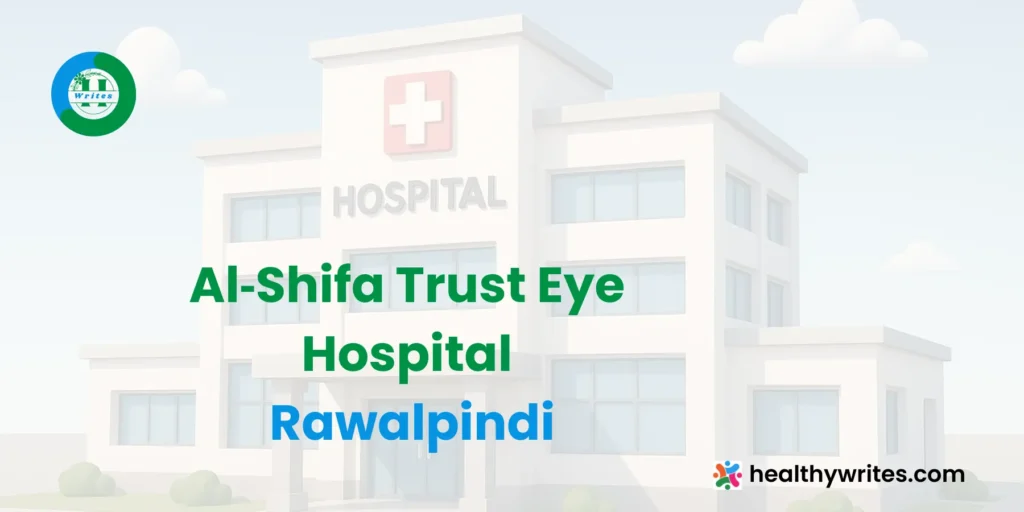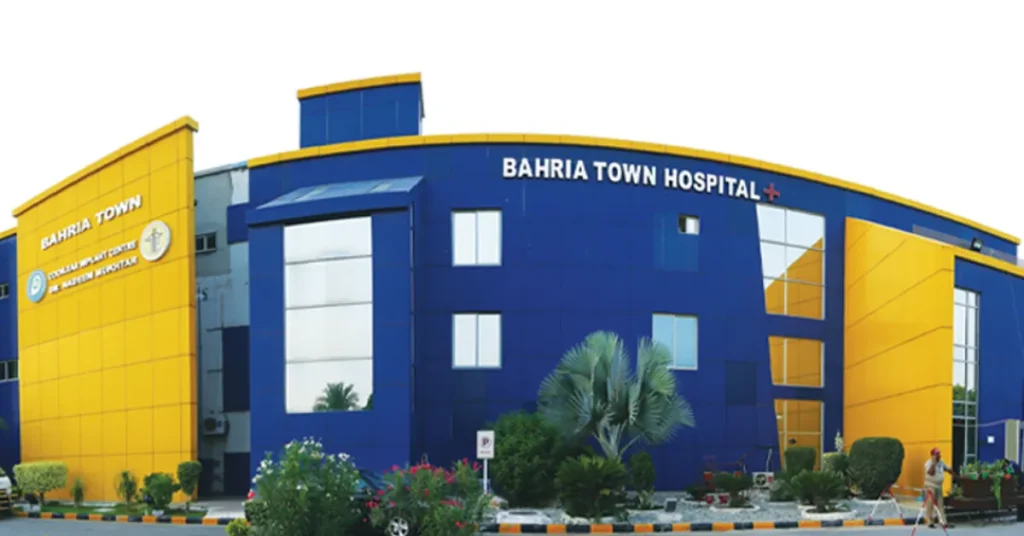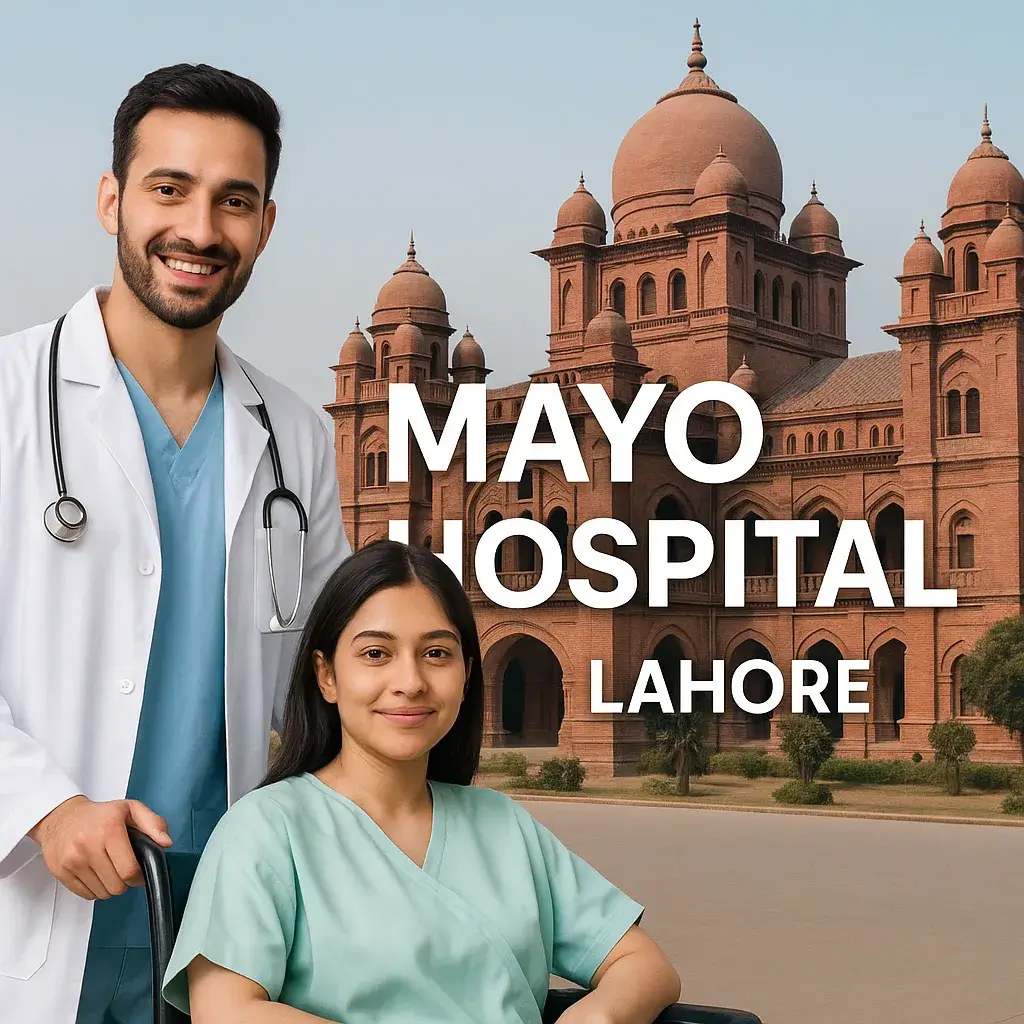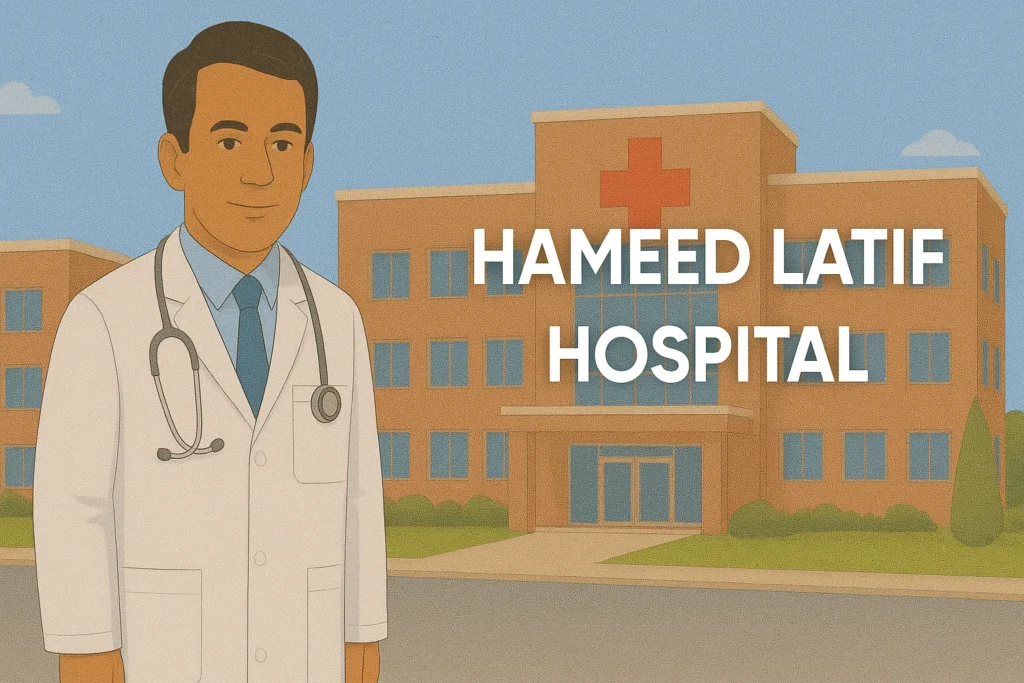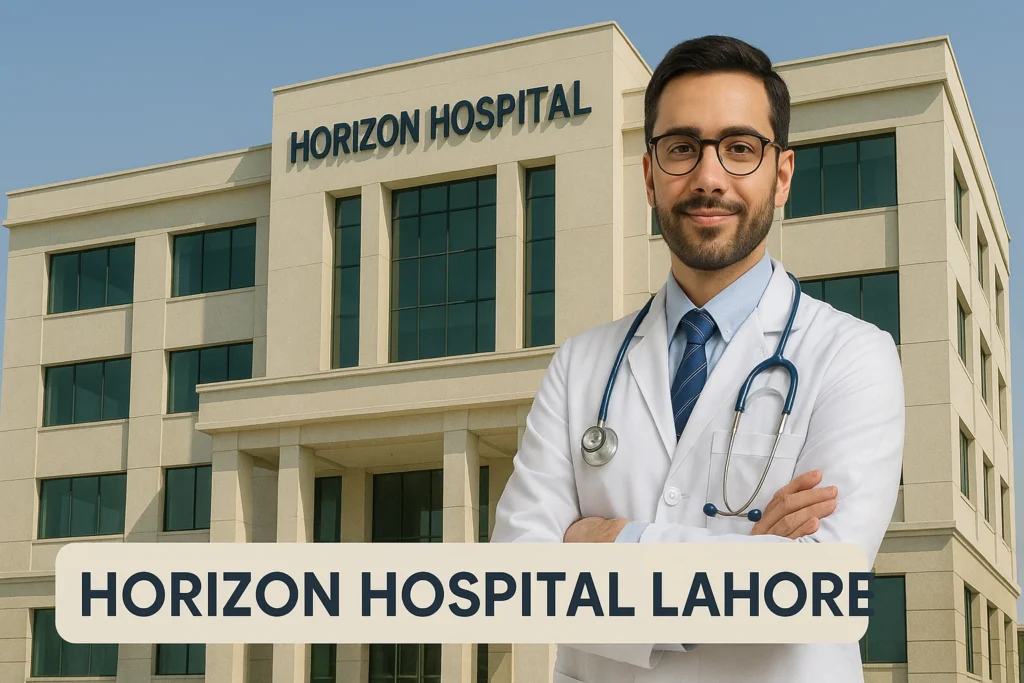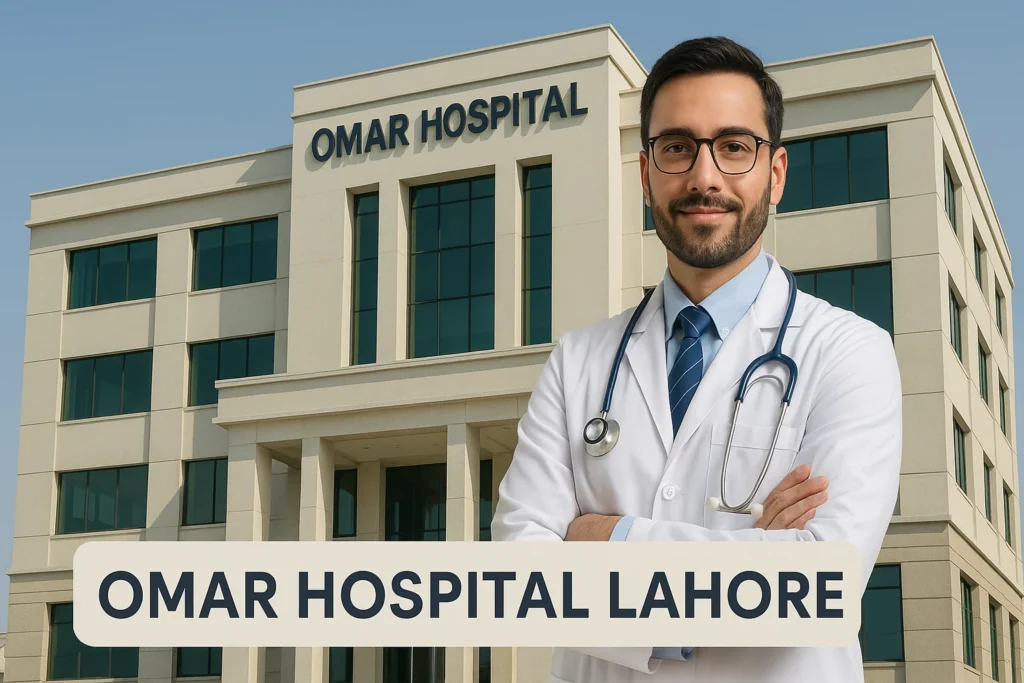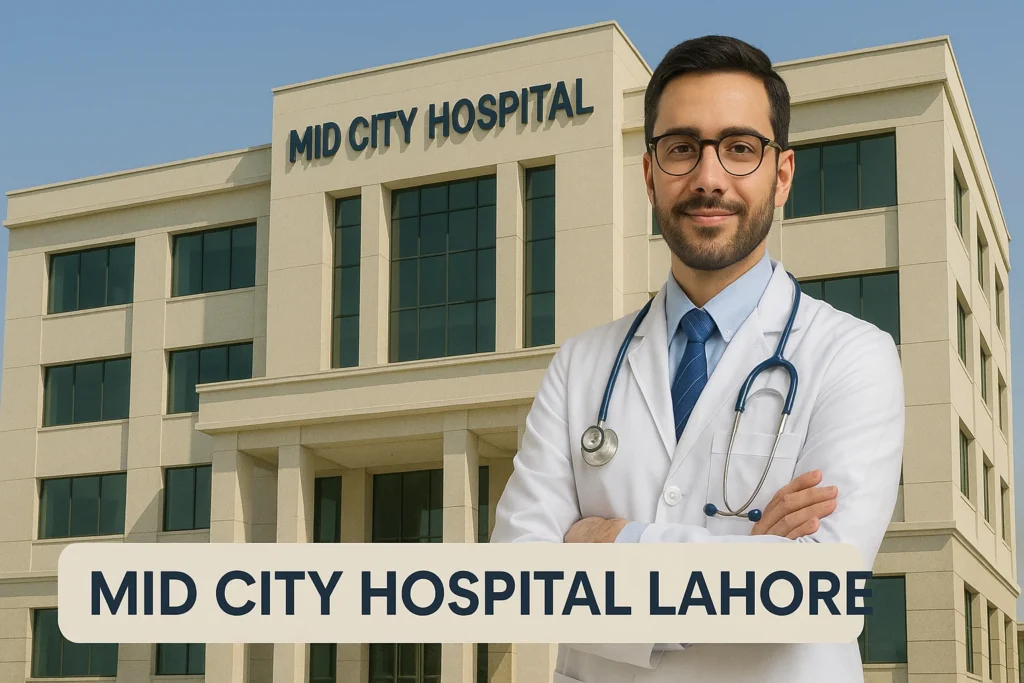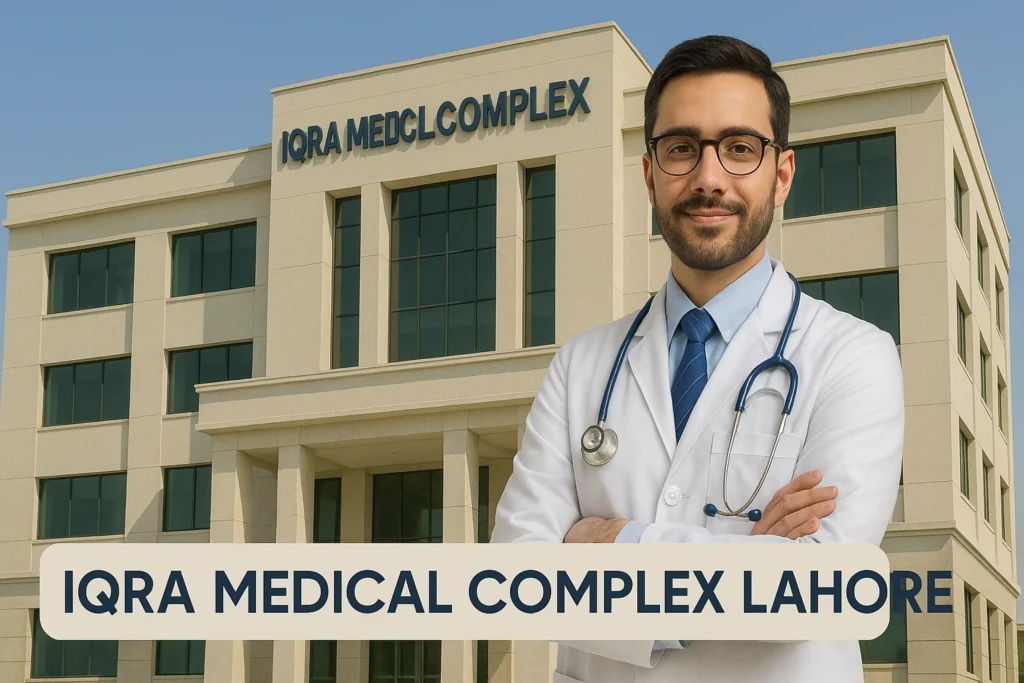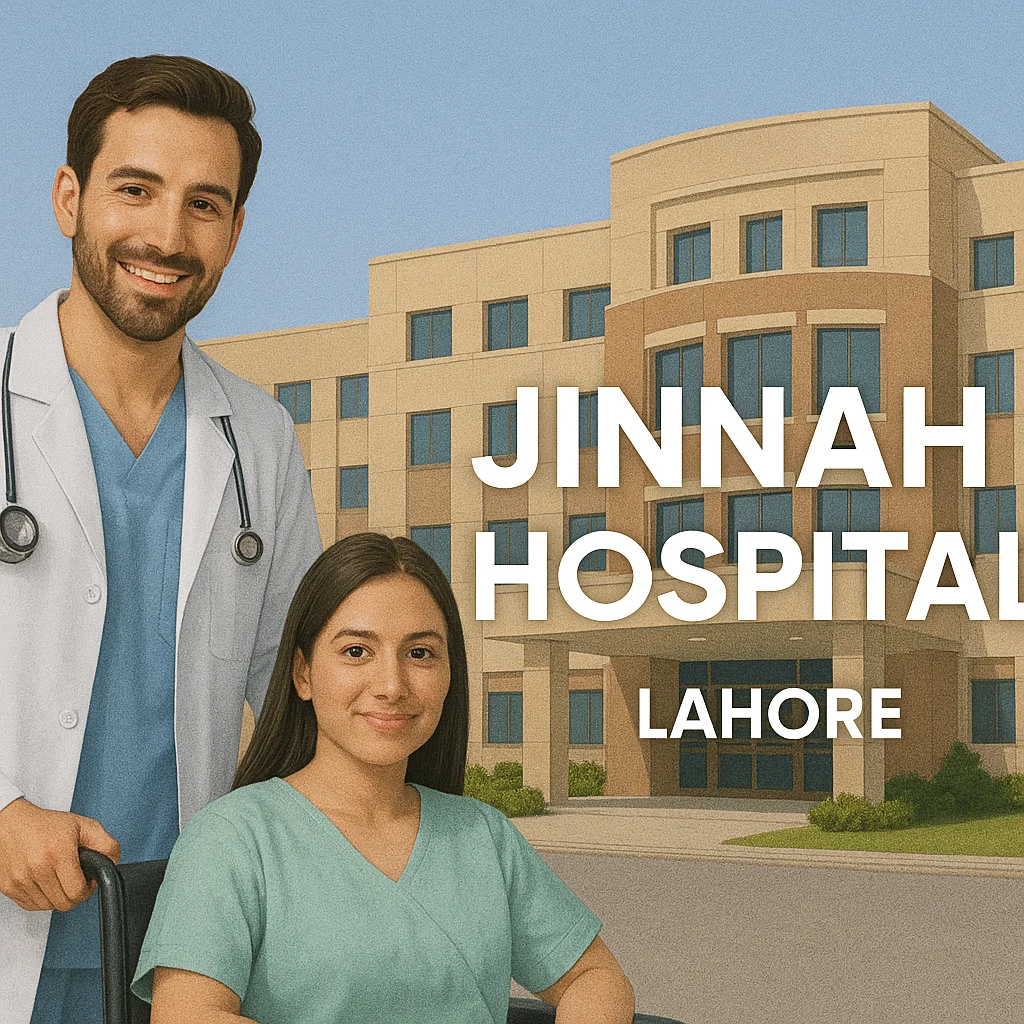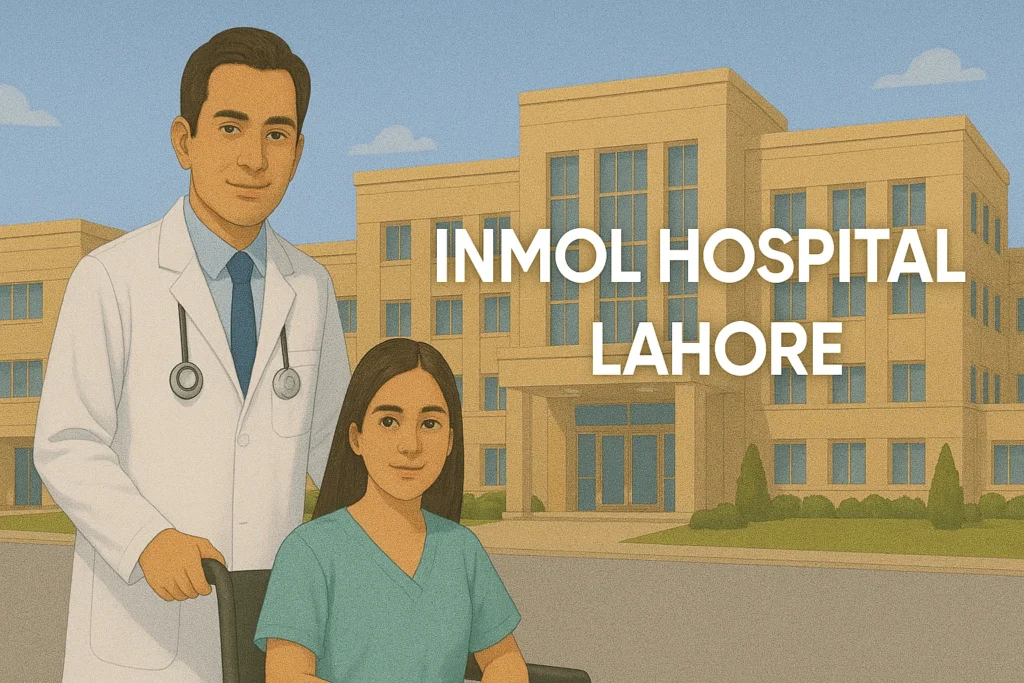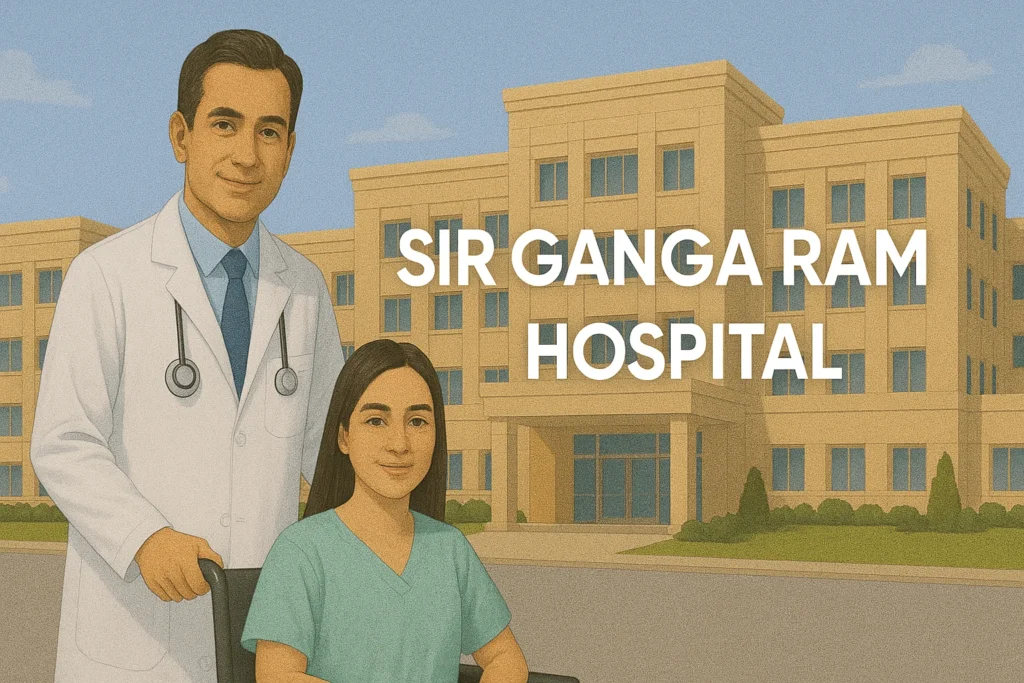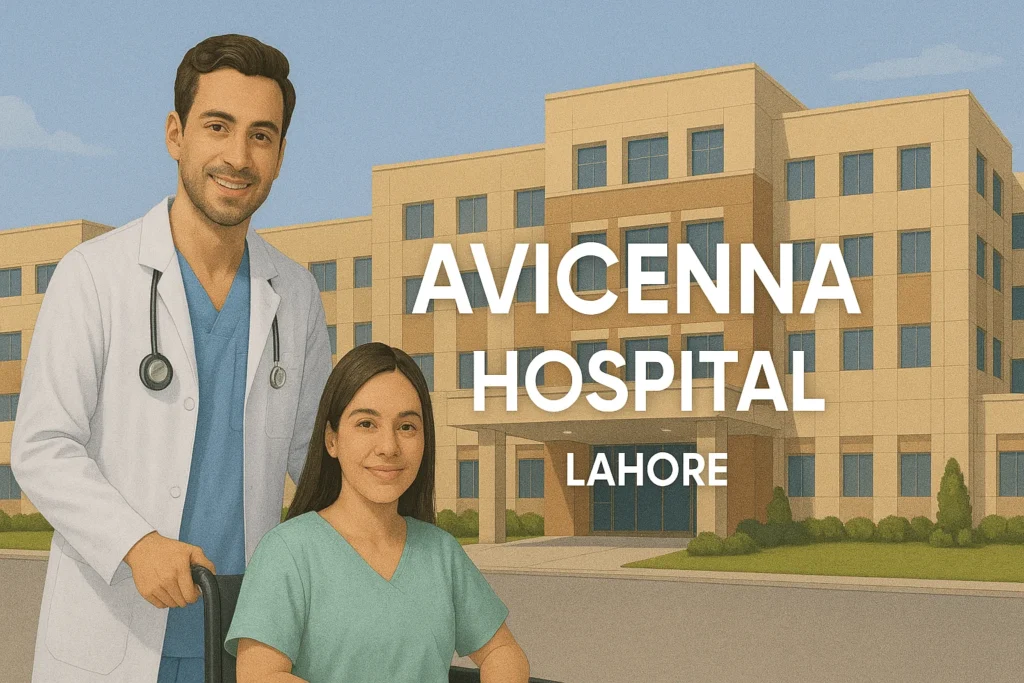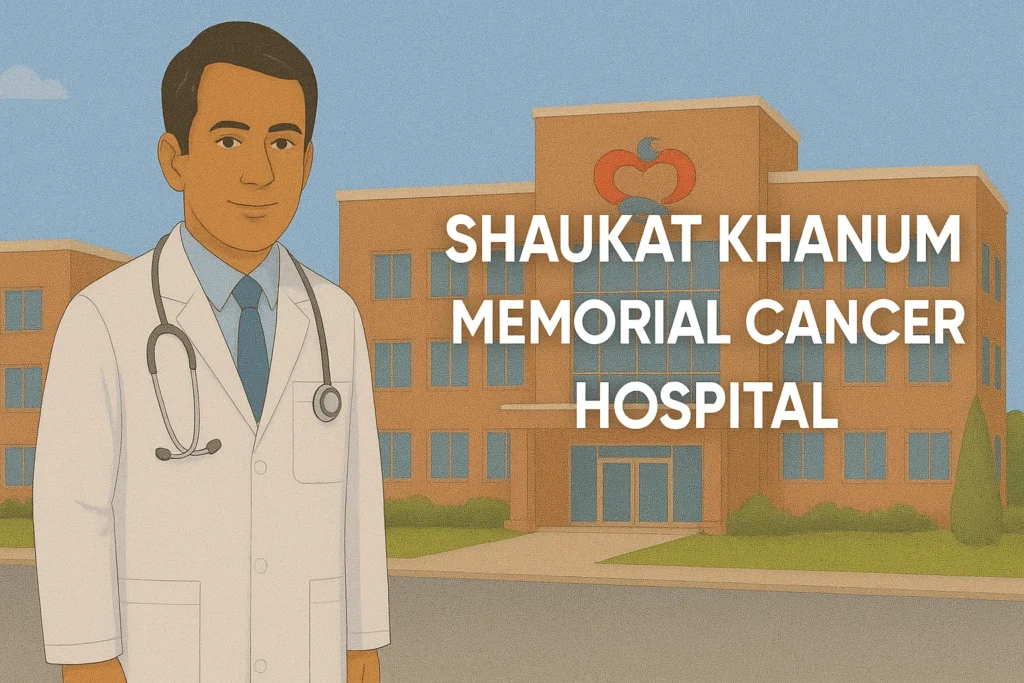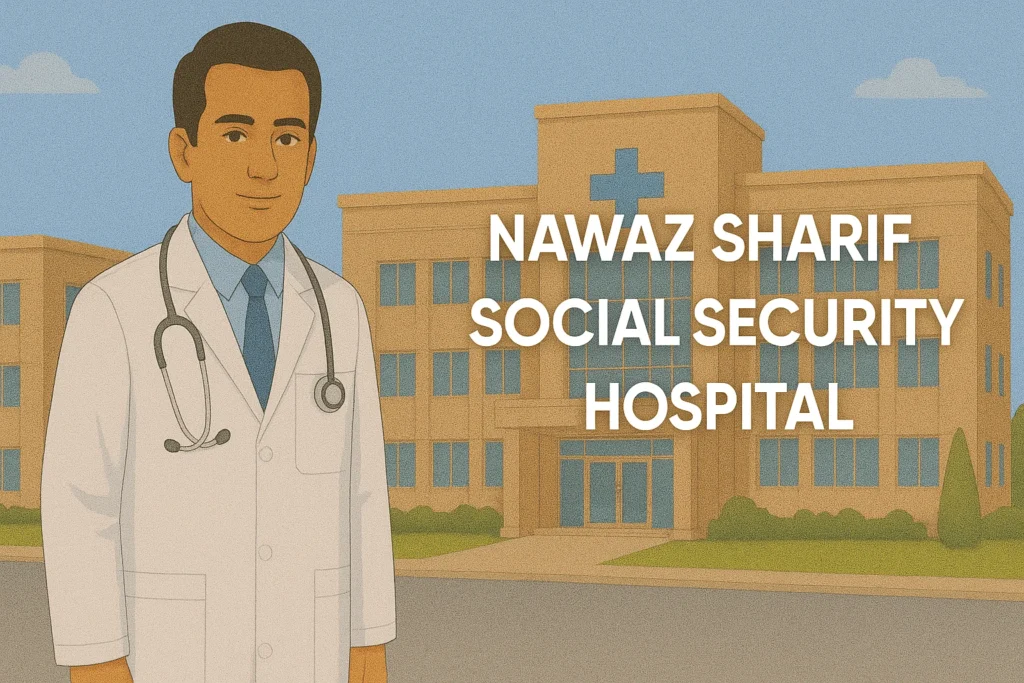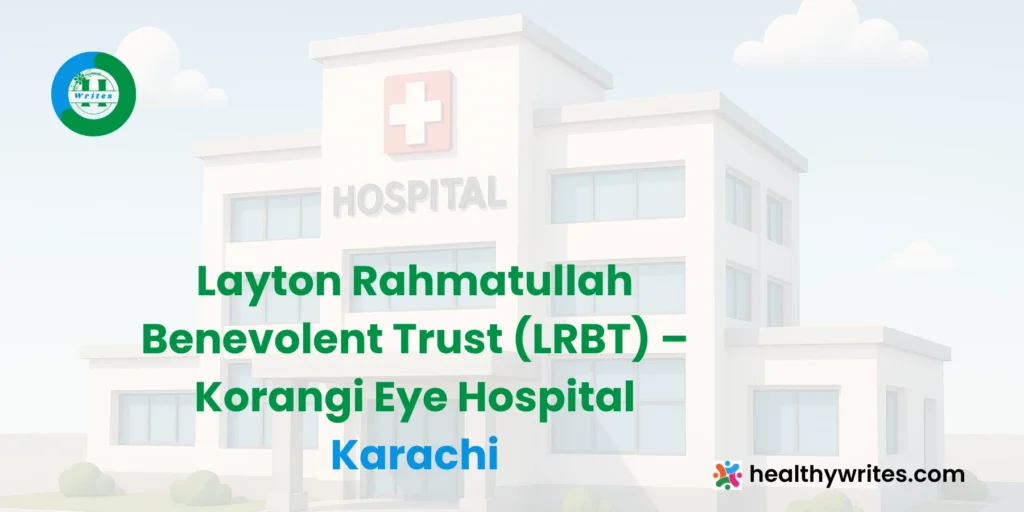Al‑Shifa Trust Eye Hospital in Rawalpindi is a leading specialized eye-care institution, renowned for its high-volume cataract surgeries and charitable outreach. Operating under a trust-based model, it provides advanced ophthalmic services at subsidized rates for patients from across Punjab and adjoining regions.
📍 Location & Accessibility
Situated on Morgah Road near the city centre, the hospital is easily accessible via public bus routes, private vehicles, and patient pickup services. A modest on-site parking area supports patient and visitor needs.
🏥 Facilities & Departments
- Outpatient Clinics: Covering general ophthalmology, cataract, glaucoma, retina, cornea, pediatric ophthalmology, uveitis, and oculoplastic services.
- Cataract & Minor Surgery Suite: High-throughput day-care surgical facility specifically for cataract removal and simple anterior segment procedures.
- Major Operation Theaters: Equipped for complex surgeries including corneal transplants, glaucoma filtration procedures, retinal detachment repair, oculoplastic and squint surgeries.
- Diagnostics & Imaging: In-house optical coherence tomography (OCT), digital fundus photography, ultrasound B-scan, auto-refractometry, non-contact tonometry, slit-lamp evaluation, and visual field testing.
- Optical & Low-Vision Services: On-site spectacle dispensing unit, contact lens fitting, and visual rehabilitation for low vision patients.
- Emergency Eye Clinic: 24/7 facility for ocular trauma, acute infections, and urgent interventions.
✅ Strengths & Reputation
- Highly efficient cataract surgery program, performing several thousand cases annually at low or no cost.
- Advanced multimodal diagnostics with well-equipped subspecialty units.
- Patient-centric and affordability-oriented mission, supported through charitable funding.
- Large outreach network conducting free eye camps, screening camps, and awareness activities in rural regions.
⚠️ Challenges & Areas for Improvement
- High patient volumes sometimes result in long wait times — proactive scheduling may help manage flow.
- Limited parking and crowded outpatient areas during peak hours.
- Follow-up care for complex retinal and glaucoma cases may be constrained by staff availability and bed turnover rates.
- Maintaining advanced equipment requires ongoing maintenance and investments.
📈 Initiatives & Ongoing Programs
- Regularly scheduled free cataract camps and mobile eye clinics in underserved communities.
- Continuous training programs for ophthalmology residents and allied eye-care professionals.
- Periodic equipment upgrades, including digital imaging systems and surgical microscopes.
- Community outreach and patient education drives on eye hygiene, diabetic retinopathy screening, and childhood vision care.
❓ FAQs – Al‑Shifa Trust Eye Hospital
Who is eligible for treatment?
The hospital serves all patients, regardless of economic status, offering subsidized or free care to those in need.
Are eye emergencies handled day and night?
Yes. The emergency eye clinic operates 24/7, managing trauma, infections, acute glaucoma, and other urgent cases.
How are cataract surgeries scheduled?
Cataract surgeries are typically scheduled through outpatient referral. Walk-ins may be accommodated based on daily capacity.
Is low-vision rehabilitation available?
Yes. Services include spectacle fitting, contact lenses, and orientation/adaptation support for low-vision patients.
Which diagnostic tests are offered?
Comprehensive testing includes OCT, digital fundus imaging, B-scan ultrasound, tonometry, visual field analysis, and slit-lamp exams.
Does the hospital host eye camps?
Yes. The hospital conducts mobile eye camps and screening programs in rural areas and peri-urban communities regularly.
How can I book an appointment?
Appointments can be made by calling the outpatient desk or visiting in person during clinic hours.
🔍 Conclusion
Al‑Shifa Trust Eye Hospital, Rawalpindi, is a cornerstone of affordable high-quality eye care in the region. Its robust cataract surgical program, advanced diagnostics, and charitable outreach model make it a trusted choice. Managing high patient volumes, enhancing follow-up services, and expanding public awareness will help maintain its standards in delivering accessible eye health for all.
